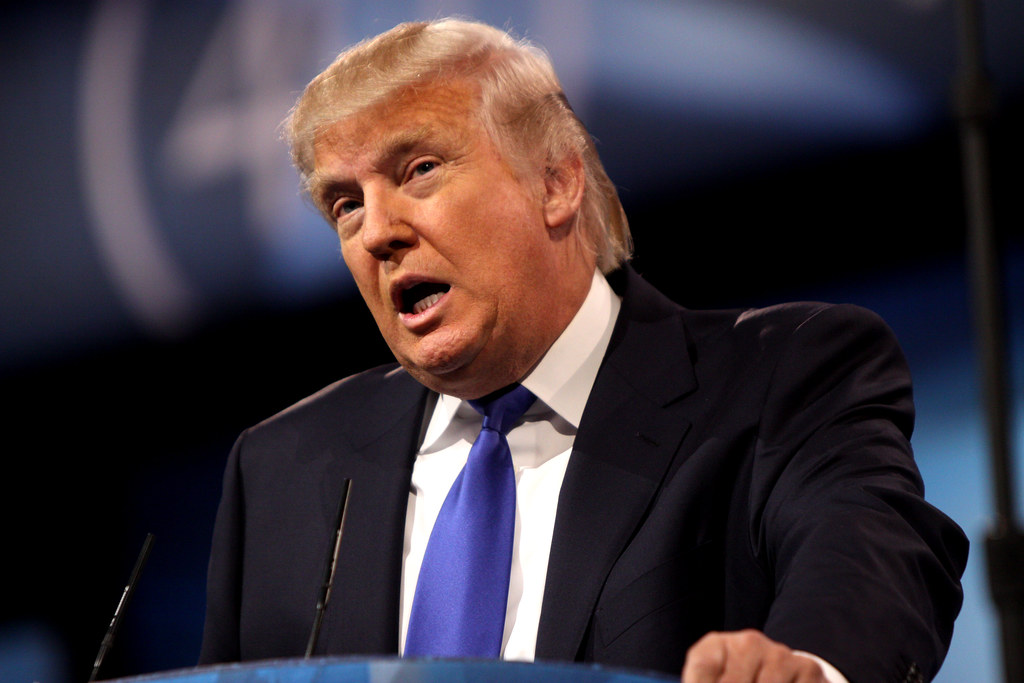Key Takeaways
- President Trump is openly frustrated by the newly released Epstein emails.
- White House leaders debate how to respond to a congressional petition.
- Officials even brought Rep. Lauren Boebert into the Situation Room.
- Congress could force the Justice Department to share more documents.
- Questions grow about Trump’s promise of transparency.
White House Worries Grow Over Epstein Emails
The release of Epstein emails has put President Trump’s team on edge. Streaming in this week, the documents come from the late trafficker’s private files. As a result, the White House is scrambling for an answer. From closed doors inside the West Wing, aides admit that the president is “frustrated” by the public scrutiny. Meanwhile, lawmakers on both sides of the aisle push for more files to go public. They hope fresh records will shed new light on this high-profile case.
Why the White House Is Worried
First, senior staff once called strongly for full transparency. During Trump’s third campaign, they demanded the file release. Now, they face pressure to back that same stance. They worry that keeping more Epstein emails under wraps will look like a cover-up. As a result, they must balance loyalty to the president with public calls for openness. Moreover, they fear any hidden records could damage Trump’s image. Thus, senior aides find themselves in a tough spot.
The Petition That Shocked the Administration
On Wednesday, a bipartisan petition to force the files’ release hit 218 signatures. That mark means the House can bring the request to the floor. After more than two years of waiting, members will soon vote. If they pass it, the Justice Department must hand over the rest of the documents. This step could happen as early as next week. Given the tight deadline, the White House must decide quickly. They debate whether to publicly oppose the vote or try to delay it.
An Unusual Move with a Key Lawmaker
In an odd turn, officials called Rep. Lauren Boebert into the Situation Room. Their goal was to persuade her to remove her name from the petition. However, she refused. As a result, the administration couldn’t stop the petition’s critical 218th signature. This move raised eyebrows on Capitol Hill. Many saw it as desperate and heavy-handed. Now, the White House must rethink its approach to winning support.
What the President Faces
Despite staff causing the stir, the president himself feels the heat. Sources say he worries more documents could reveal new, embarrassing details. Allegations that Trump knew more about Epstein than he said could resurface. His team insists he faces no legal harm from the emails released so far. Yet, they admit that more files could show unwanted connections. Thus, the president’s frustration grows each time a new document goes online.
How Transparency Promises Clash with Reality
During his third presidential run, Trump vowed openness. At that time, his aides joined calls for full release of Epstein’s files. FBI Director Kash Patel even promised to press the Justice Department for more documents. He made those remarks on podcasts and interviews. Now, the administration must explain why it resists those same calls. The public wonders if Trump’s team still believes in full transparency. Or if politics now outweighs past pledges.
What’s Next for the Epstein Emails Battle
Congressional leaders plan a vote on the petition next week. If it passes, the DOJ must comply within days. At that point, all remaining emails will go public. If it fails, senators could step in with a similar measure. Either way, pressure on Trump’s administration will only grow. Meanwhile, the White House considers legal options to block or delay the release. They may question the petition’s validity or seek a court order. Yet, such moves could further damage the president’s reputation for openness.
Potential Political Fallout
Should more documents emerge, voters will take notice—especially as campaigns ramp up. Opponents will argue that Trump hides damaging facts. Supporters will defend him and blame political foes. This tug-of-war could define the next election cycle. And it all hinges on those Epstein emails. As a result, both parties are gearing up for a media battle. Every leaked page will fuel new headlines. Thus, the president’s frustration may turn into a full-blown crisis if more files surface.
A Delicate Path Forward
For now, the White House walks a fine line. They claim no wrongdoing by the president in the Epstein emails. At the same time, they resist calls for a full release of documents. They argue that some files might endanger lives or ongoing cases. However, critics say this stance only breeds suspicion. Consequently, the administration needs a strategy that balances safety and openness. Finding that balance will prove tricky in the coming days.
Only time will tell whether the White House can calm the storm. But one thing is clear: the Epstein emails already have reshaped the political landscape. As more details emerge, the pressure on President Trump will intensify.
Frequently Asked Questions
What are the Epstein emails?
They are messages from the late convicted trafficker’s personal archive. Investigators and lawyers reviewed these for years. Now, a portion has entered the public domain.
Why did lawmakers push a petition?
Members of Congress want all related documents released. They believe this move will boost transparency and accountability.
How does the petition process work?
Once 218 House members sign on, the petition can demand a floor vote. If approved, it compels the Justice Department to release the files.
What could happen if more emails are released?
New documents might reveal previously unknown connections or details. That could spark fresh controversy and media coverage.
